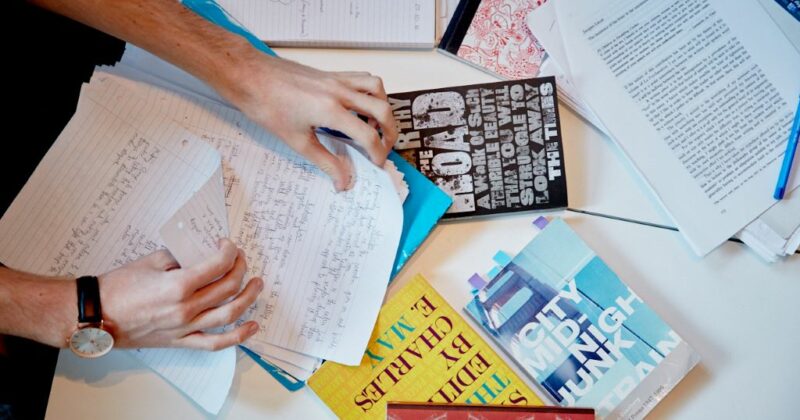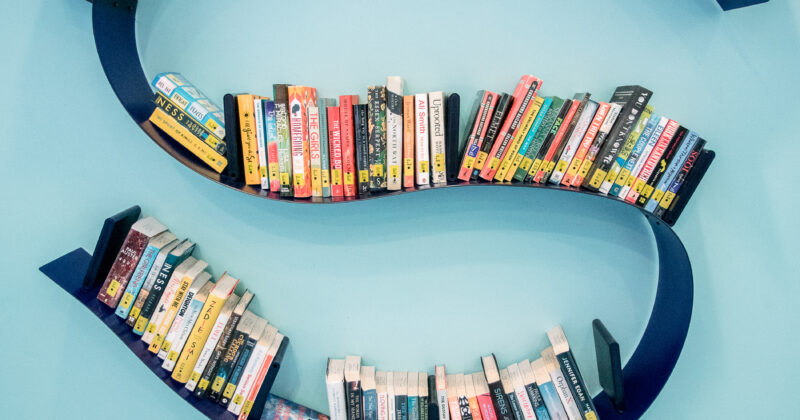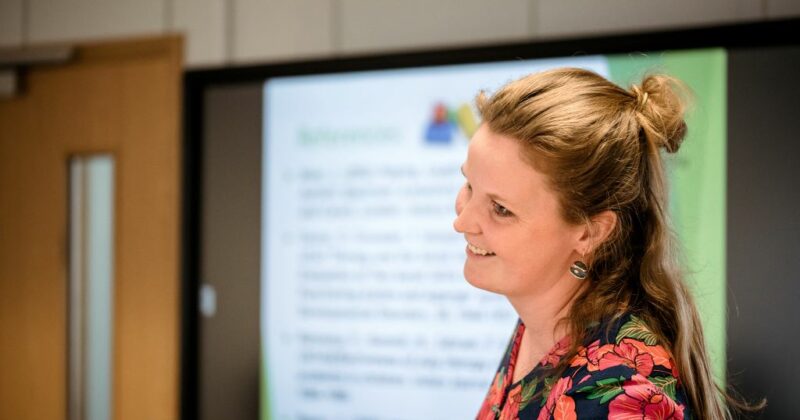
Open Research for Researchers
This session is an introduction to Open Research, Open Access and Open Data. We’ll cover what Open Research is and why it’s important. We’ll then look more closely at Open Access, Open Data and the benefits of Open Research. We’ll look at the University’s Open Access Policy and Research Data Management Policy. Finally, we’ll look at RaY, the University’s institutional repository for research outputs, RaYDaR, the University’s open data repository, and ORCID iDs.
Learning outcomes:
Developing an awareness of Open Research, Open Access and Open Data.
Learn about the University’s institutional repositories RaY and RaYDaR.
Learn about and create an ORCID iD.
Please book your place via Eventbrite Open Research for Researchers Tickets
This session is taking place on Microsoft Teams and may be recorded...







